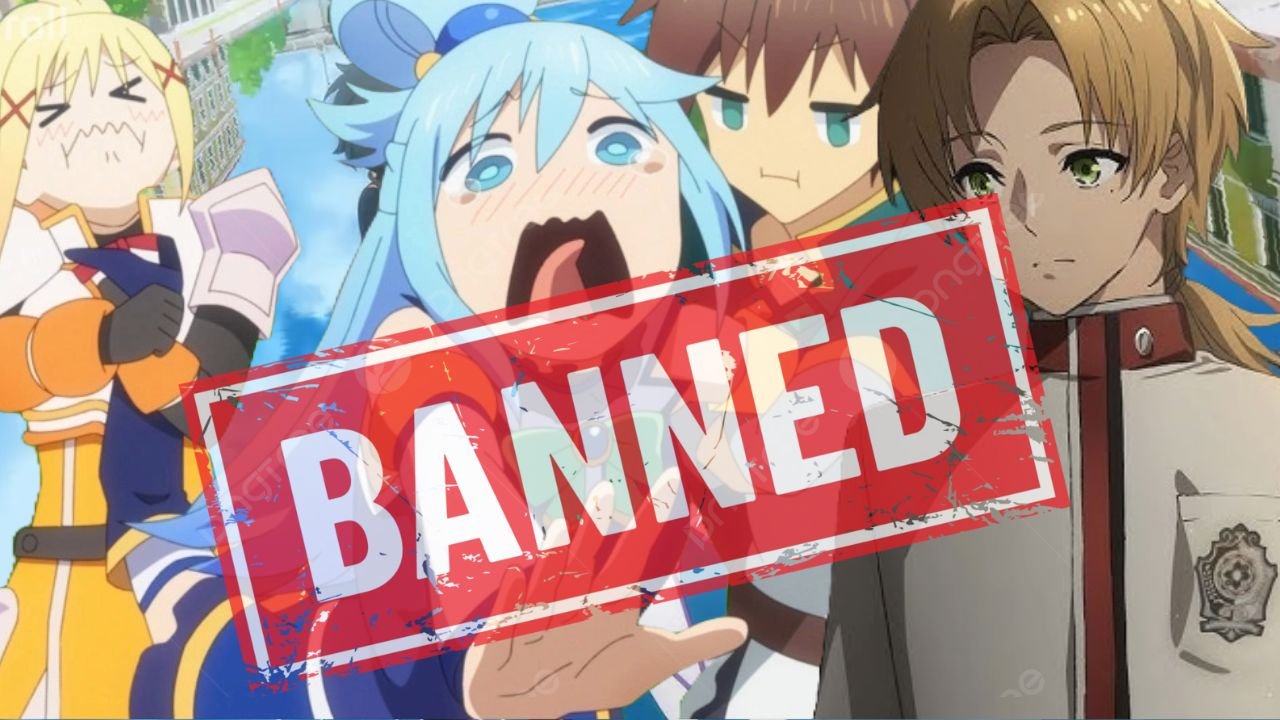
In 2017, KADOKAWA made a stunning transfer into the world of sunshine novels: the isekai style was excluded from a significant competitors.
The choice, which shocked aspiring writers and followers alike, was a part of an effort to encourage new views and cut back the saturation of comparable tales that dominated the market on the time.
Isekai, the style by which protagonists are transported from the true world to a fantasy world, has been rising in recognition for years.
With characters gaining particular powers and happening epic adventures, isekai tales had change into a staple of contemporary gentle novels.
Collection like Once more: zero And Mushoku Tensei had cemented the style’s place as a fan favourite, however as extra titles hit the market, a way of redundancy started to emerge. Followers then started to specific frustration with the style’s predictability and lack of originality.
It was in response to this rising concern that KADOKAWA’s gentle novel label, NOVEL 0, introduced a significant change to the entry pointers for the 2017 competitors.
The official guidelines said that isekai reincarnation and isekai transference themes could be excluded from the competitors, with entries in all different genres explicitly inspired.
“Broadly talking, we’re on the lookout for novels that may make right now’s grown males assume: ‘I need to learn this!’ So long as it isn’t an isekai reincarnation, any matter is welcome! The period, setting and content material might be of any style!” stated KADOKAWA.
Though the ban was restricted to a single contest, it highlighted the trade’s consciousness of style fatigue amongst readers and creators. By establishing such pointers, KADOKAWA’s objective was to encourage writers to discover new themes and tales, doubtlessly resulting in a extra numerous gentle novel market.
Nonetheless, it is very important notice that this ban utilized solely to the precise contest and didn’t point out a broader shift in KADOKAWA’s publishing technique.
The writer continued to launch and assist isekai titles on its numerous platforms.
The ban on isekai within the 2017 NOVEL 0 competitors sparked intense debate in on-line boards.
Many noticed it as a response to the style’s overwhelming recognition, indicating a necessity for range in storytelling.
Additionally they expressed concern that the style had change into formulaic, with too many tales following the identical predictable construction: bizarre protagonists discovering themselves in a brand new world, shortly buying extraordinary talents, and battling highly effective enemies.
Conversely, others noticed it as a limiting transfer that would stifle creativity and restrict the exploration of numerous tales.
Supply: Livedoor Information



